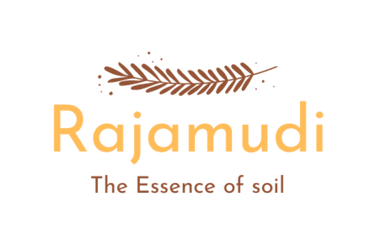
HARKA - Kodo Millet | Rajamudi
by rajamudi
Save 28%
Original price
149.00
Original price
149.00
-
Original price
399.00
Original price
149.00
Current price
89.00
89.00
-
289.00
Current price
89.00
Availability:
in stock, ready to be shipped
Availability:
in stock, ready to be shipped
Availability:
in stock, ready to be shipped















